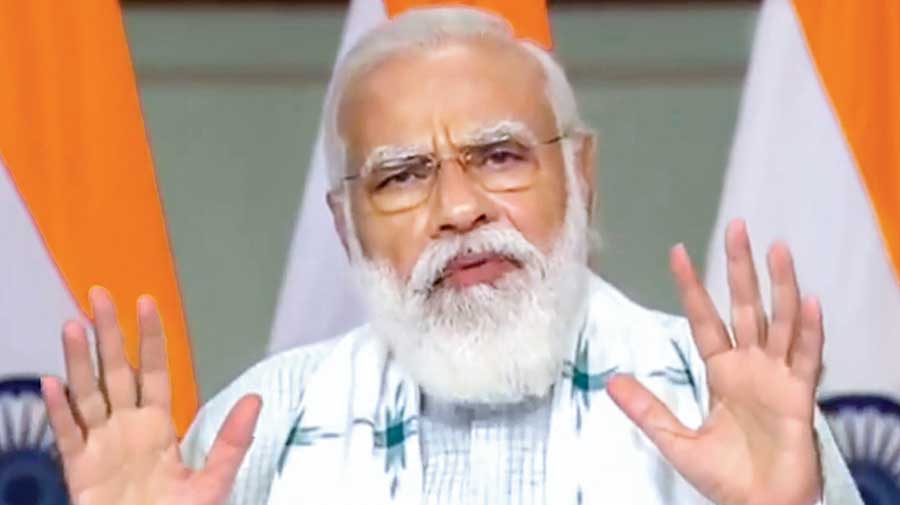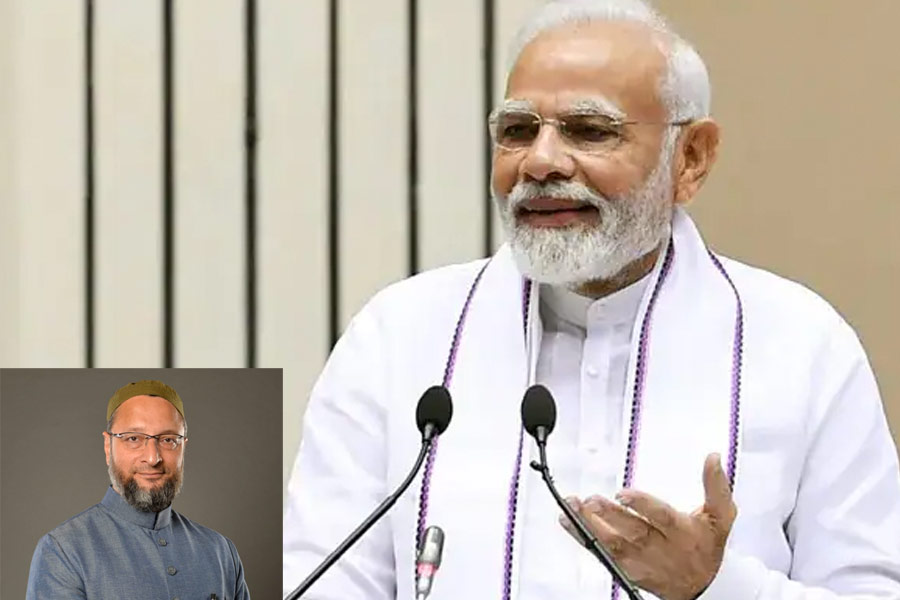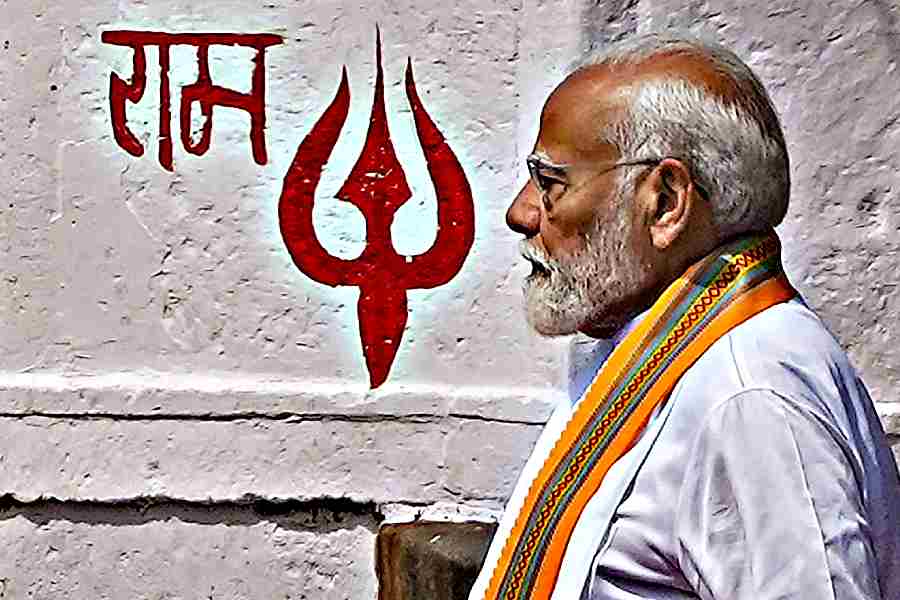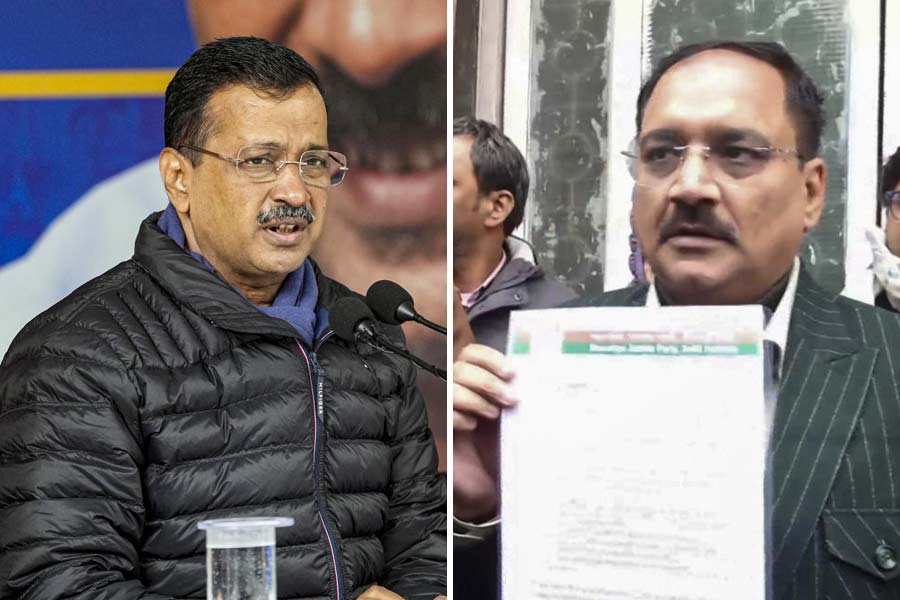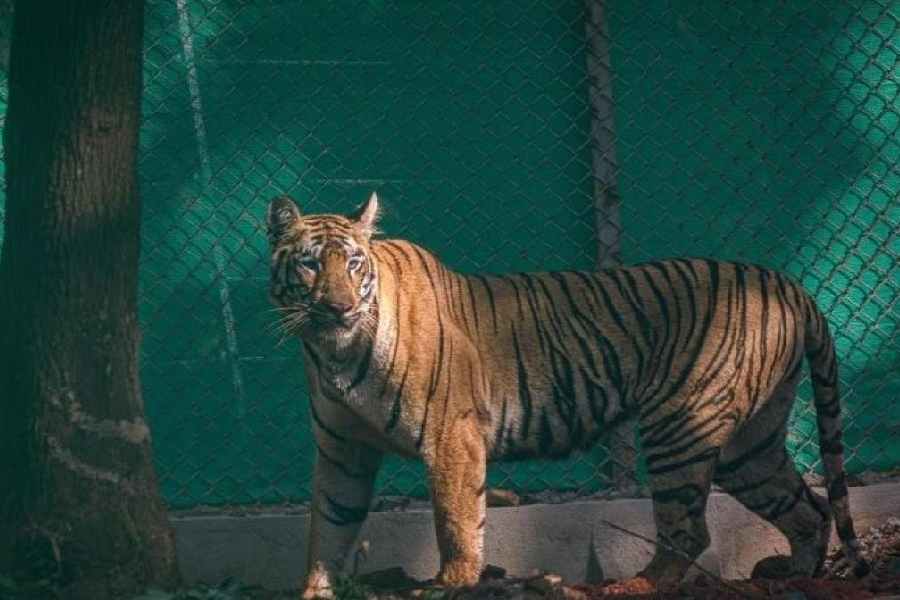The Indo-Nepal treaty of peace and friendship of 1950 has come to the fore once again both at the foreign ministry level and also at the local level in Darjeeling but a chain of events over the past few years suggests both the BJP-led Centre and Darjeeling-based political leaders and civil society have only been indulging in lip service.
During his visit to Kathmandu in 2014, Prime Minister Narendra Modi had agreed to review the entire spectrum of bilateral relations between India and Nepal. This included review of the Indo-Nepal friendship treaty.
The demand for the review of the treaty has been an integral part of hill politics. On July 27, 1986, 13 people were killed in a police firing in Kalimpong when Gorkha National Liberation Front (GNLF) supporters were on their way to burn copies of the treaty.
Hill politicians believe that the clause that allows for free movement of citizens between India and Nepal and conducting business in each other’s territory has blurred the identity of Indian Gorkhas.
Since then, July 27 is marked as Gorkhaland Martyrs’ Day.
Following Modi’s Kathmandu visit, Eminent Persons Group for Nepal-India Relations (EPG-NIR) was formed in 2016 to look into all bilateral issues, including the treaty. The group consisted of eight members — four each from both the countries — and was co-chaired by former Uttarkhand chief minister Bhagat Singh Koshyari and former Nepal foreign minister Bhekh Bahadur Thapa .
Nine meetings, six in Nepal and three in India, were held and the report was readied in 2018.
Nepal foreign minister Pradeep Kumar Gyawali during his visit to Delhi last week raised the treaty issue once again. “We have agreed to revise, adjust and update the treaty to better reflect the current reality and to further consolidate and expand our friendship. We need to do it sooner than later,” the Nepalese foreign minister said.
A source who is in the know of things said that the PMO “has not even received the report prepared by the committee”.
“It is astonishing that while Prime Minister Narendra Modi agreed to form the committee, he has not provided time to the committee even to receive the report in more than two years now, not to talk about accepting the recommendation of the committee,” a source said.
At the Darjeeling level, Gorkha Janmukti Morcha leader Binay Tamang had recently raised the issue and written to the Centre to review the treaty. Tamang is not the first person to raise this issue from the hills. Almost all political and civil society leaders have flagged this demand in the past four decades.
“What is the use of flagging the issue at the wrong time?” asked the source. “When the committee was working on the issue, there was not a single written representation to the committee from the hills,” the source added.
The source added that only Bharatiya Gorkha Parisangh — an apolitical platform formed by Gorkhas in India — had submitted a memorandum to the committee “that, too, at the fag end of the committee’s tenure” along with one Gorkha organisation from Dehradun, Uttarakhand.
“The ignorance of politicians from the hills and their sense of timing is baffling at times,” said the source.
Leader quits
Tilak Chand Roka, coordinator of Bimal Gurung’s Gorkha Janmukti Morcha (Darjeeling subdivision), on Monday announced his resignation from the party.
Roka was a senior and important leader of the Gurung camp, who had been jailed for nine months following the Gorkhaland agitation.
Roka said that he resigned from the party because of “ideological difference” over Gurung’s recent political stand to support Trinamul.

